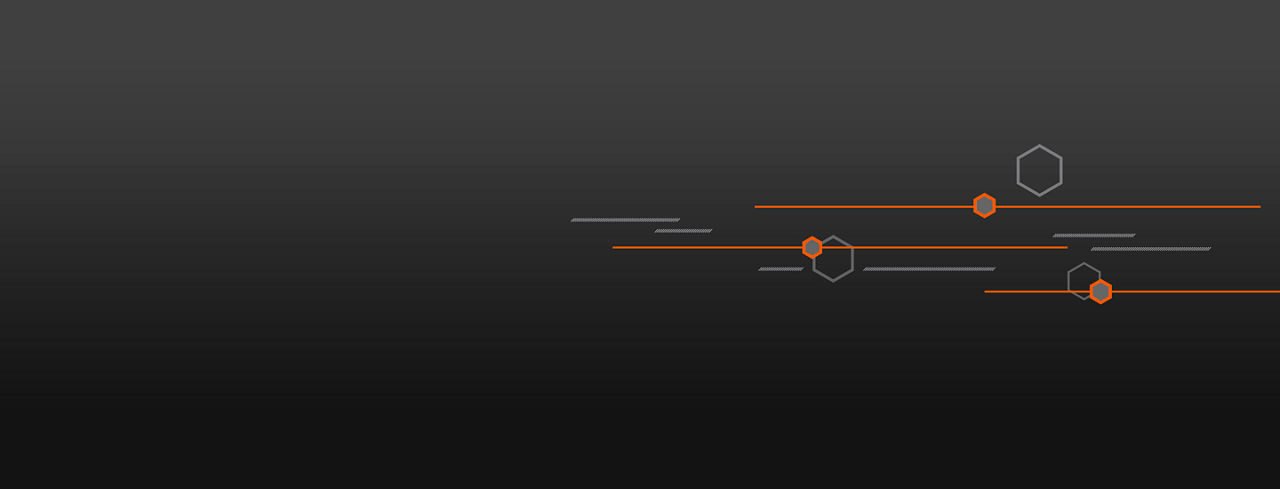Litigators have always operated at a disadvantage relative to judges because of the latter’s secret weapon: law clerks. Lawyers who work for judges excel at “law review” skills — legal research, writing, and style. These clerks notice erroneous quotes and find every applicable case. Thankfully, two new services have leveled the playing field.
Quick Check Judicial & Quick Check Quotation Analysis in one sentence
Legal research platform Westlaw Edge recently unveiled two new services: Quick Check Judicial for comparing up to six briefs and Quick Check Quotation Analysis for identifying erroneous quotes in briefs.
The killer feature
Last year, we reported on Quick Check (see our report), which uses artificial intelligence (AI) to analyze your brief or opposing counsel’s brief to find relevant uncited cases and identify cited cases with potential problems.
Quick Check Judicial works similarly except it can compare up to six briefs — three per party. Tens of thousands of judges already use Quick Check Judicial but it’s not just for them; all Westlaw Edge customers can use it.
Both services include Quick Check Quotation Analysis, which resides in a tab in the Quick Check interface. As you’ve no doubt experienced, some lawyers are sloppy while others unscrupulously propagandize quotes. The average brief contains 25 quotations according to Thomson Reuters and checking these manually consumes too much valuable time.
Quick Check Quotation Analysis flags inaccurate quotes in seconds. Like a redline, it highlights the differences between the original source and the quote in the brief, including any omissions, additions, or other changes. You can correct any errors in your own brief prior to filing and attack material errors in your opponent’s brief.
The panel on the left shows you the number of quotations found, the number with discrepancies, and the type of discrepancy. You can filter these to focus on quotations of interest. Quick Check Quotation Analysis shows you the original quote in context.
Other notable features
With Quick Check Judicial, Thomson Reuters faced the challenge of designing a report for up to six briefs. You start by organizing each document you upload by party. The resulting report contains three tabs — Omitted Authority, Cited Authority, and Quotation Analysis.
The Omitted Authority tab lets you view relevant cases omitted by you, your opponent, or both parties. For each case, Quick Check Judicial provides a summary and holding, and lists the briefs and headings within to which it applies. You can filter by high court, recency, jurisdiction, and more.
The Cited Authority tab lists the citations used by both parties with negative treatment, including implicit overruling — a recent KeyCite enhancement made possible by AI. The report makes it easy to see which citations both parties used and which only one side used. You can filter by this parameter and others.
When used in Quick Check Judicial, Quick Check Quotation Analysis organizes quotations by party and then by document.
“In our conversations with customers, they reiterated the importance of not missing anything and even more importantly knowing what opposing counsel used or omitted,” says Westlaw Product Management Senior Director Carol Jo Lechtenberg. “Quick Check Judicial delivers this insight and saves lawyers time. Just as importantly, it gives judges and law clerks a holistic view of the matters before them.”
What else should you know?
Lawyers are relatively shy when it comes to product reviews, but they seem enthusiastic about the growing Quick Check family of products (see our own review). Associate David Moore of Yukevich | Cavanaugh says, “Quick Check is a roadmap from the very beginning. It allows me to see what the other side is doing, and what they’re not showing me.”

